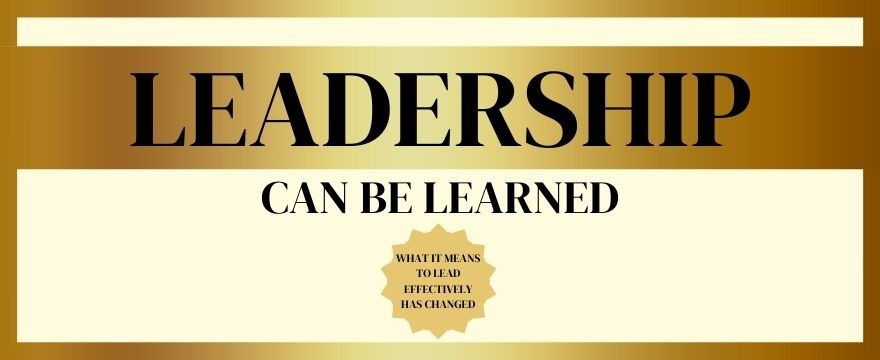I went to work for a regional denominational judicatory in Houston as their Executive Director when I was 35-years-old. I had never been the senior leader of anything. Up until then, I served in various associate pastor roles in local congregations. Suddenly I was thrust into leadership in a highly complex organization with a large number of employees, four subsidiary corporations, and a multi-million dollar budget. (How I was chosen for this job is another story!)
Two years into that journey, someone accused me of lying to our board and of misusing funds, resulting in a public hearing in front of 247 pastors from across the city. It was a humiliating experience that marked me in some important ways. By a 91% vote, I was exonerated. At the conclusion of the meeting, the moderator said: “Jim is not guilty of the charges brought against him. When we hired him, we knew he was young and would have a steep learning curve. This experience has put on display that he has work to do in learning how to lead effectively, and I stand with him today, confident that he will learn.”
My journey of learning to lead began in earnest that day. In the days ahead, I began to observe my thinking about leadership. Over time I learned to talk about a leadership frame.
A leadership frame is a set of mental models or assumptions that you hold about what leadership is and how to lead effectively. The most effective leaders I know get very intentional about consciously choosing a frame that fits their theology, their personality, and their context and then mastering the practices contained in that frame.
Today as a coach, my leadership frame has three large parts that do a kind of symbiotic dance with one another. One part of the frame comes from the sacred texts from my Christian tradition. One part comes from assumptions about a learning organization, and one part comes from assumptions about emotional intelligence.
My understanding of the Bible continues to evolve. As a young man, I saw it as a rule book. As I got older, I had increasing capacity to see leaders functioning in specific contexts. Principles for that context could be extracted and applied to my context – not like a set of rules, but more like a way of being. This is a rich and ongoing part of my frame.
The learning organization is the frame that helps me think about the collective culture of the organization. It helps me address the question, “How do you mobilize a group of people to get to deep commitment around shared mission/vision/values?” It includes the skill of generating and sustaining creative tension which is one of the five skills that Peter Senge wrote about in The Fifth Discipline: The Art and Practice of the Learning Organization. Our first book, Leading Congregational Change: A Practical Guide to the Transformational Journey was an attempt to translate learning organizational skills to congregational life.
Emotional intelligence is the frame that helps me think about people and how they grow, develop, and mature. It helps me address the question, “How do I help people grow into the full expression of who they were created to be? Our book, The Leader’s Journey: Accepting the Call to Personal and Congregational Transformation, written in 2003 reflects a large part of my understanding of emotional intelligence. We have an updated edition coming out in early 2019 that reflects what we’ve learned over these past 15 years.
When I coach others, I’m not trying to sell my frame. I hope that by sharing what I believe and practice, others will be empowered to explore their own frame and then make some decisions about what frames will inform them going forward. Without doing the important and challenging work of getting clear about your leadership frame, you will be driven by the latest leadership fad, the flavor of the month, or the demands and pressures that are all around you in your leadership context.
This is critical, essential work that the very best leaders do.
The pain of the very public experience that I described at the beginning of this post became fertile ground for learning to lead. It led me to a metaphor regarding leadership that guides me today. Leadership is like sailing. There are a set of skills contained within my leadership frame that I need to master in order to be a good sailor. I don’t have any control over the weather that comes my way. I can, however, master a set of skills that no matter what weather I encounter, I can effectively navigate myself and those I lead to stay focused on a shared vision that makes an impact in the world.
What are your leadership frames? What skills do they call you master? What evidence do you have that these leadership frames are making a difference for you and those you are called to serve?
I would love to be your coach. I can help you get clear about your leadership frame and then master the practices that lead you to effective leadership in your world.








